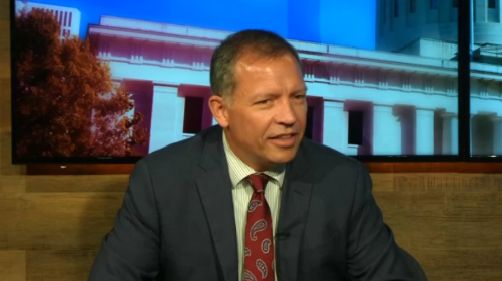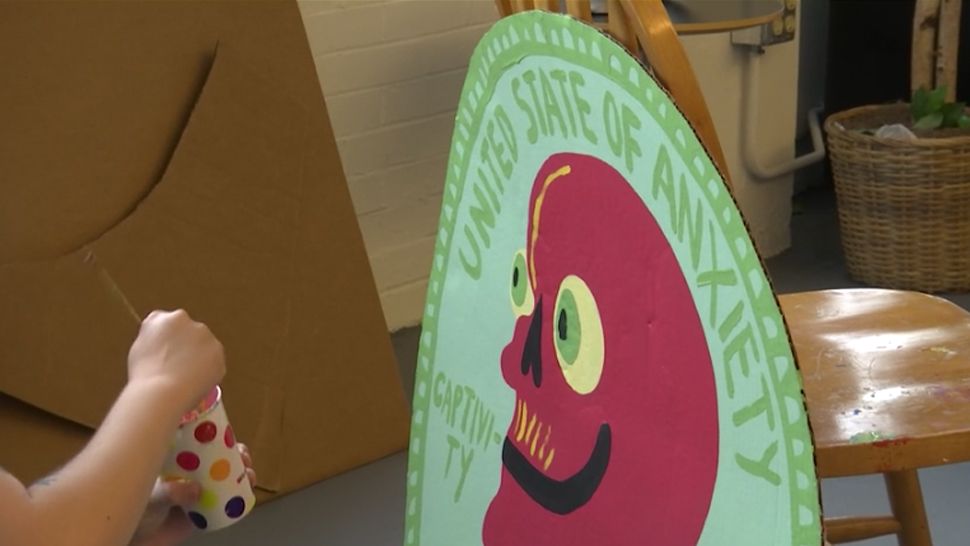COLUMBUS, Ohio—It’s one of the toughest jobs in law enforcement.
- In a hostage situation, negotiators must make split-second decisions and deescalate potentially violent situations
- According to the Columbus Police Department, there are about 54 cases of a barricaded suspect each year in Columbus
- Hundreds of law enforcement officers from across the Midwest will be in Columbus this week for the annual Midwest Crisis Negotiators Conference
“The role of a negotiator is to bring calmness to chaos,” said Sgt. Rich Weiner, Columbus Police Department.
Skilled negotiators have to thread a needle of compassion through crisis, with lives on the line.
For Columbus Police Department detective Terry Kelley, it’s a hard job with a clear objective.
“Our job is to deescalate a situation so that the officers stay safe. A swat officer doesn’t have to enter a house if we do our job correctly, or do our job successfully,” said Kelley.
To help do that job successfully, hundreds of law enforcement officers from across the Midwest are gathering in Columbus this week for the 26th Annual Crisis Negotiator Conference.
They’ll look at case studies, listen to dispatch calls, and collaborate on best practices.
The idea is to share experience, to be more effective in times of crisis.
“You don’t see a lot of these incidences on the news,” said Weiner. “A lot of times, the crime itself is reported, but not the process of the resolution, so it’s important that we bring in each other, we talk, it’s a networking conference.”
According to Weiner, in Columbus there are about 54 cases of a barricaded suspect each year.
Sometimes it’s someone acting alone, sometimes there are hostages.
“No situation is the same,” said Kelley. “All the barricades and situations we go on are all different. You have to play each one by ear. Find out what is causing the problems. We’re not looking for the root of the problem with that person, we’re looking for what caused the issue right now. Being empathetic is huge. We need them to know we’re listening, because a lot of times we’re the only ones who listen to those people in crisis.”
Weiner says while every call is different, many common calls are for suicide.
He says to help negotiators cope with what happens in the field, there is now mandatory trauma counseling for those on the force.









